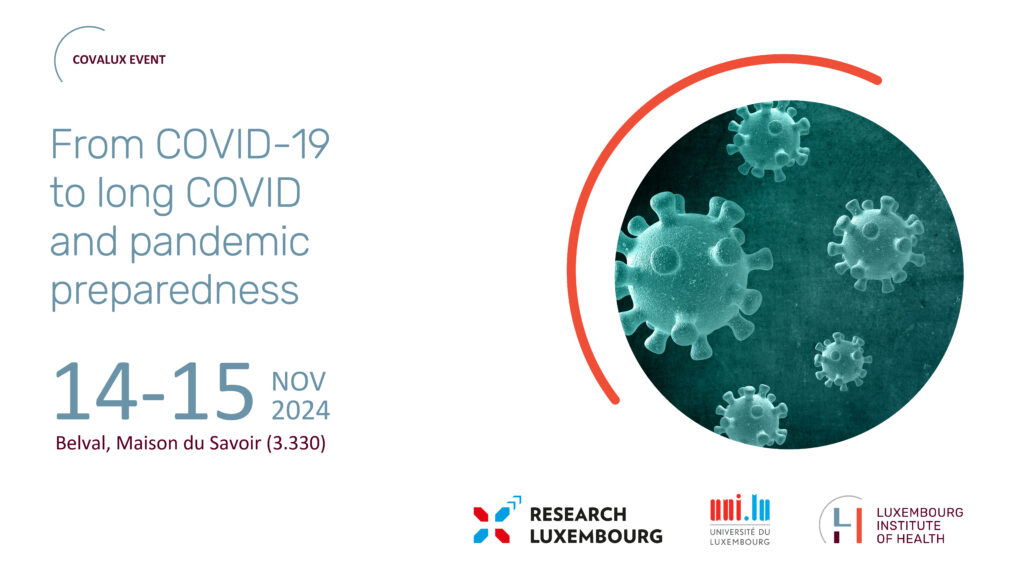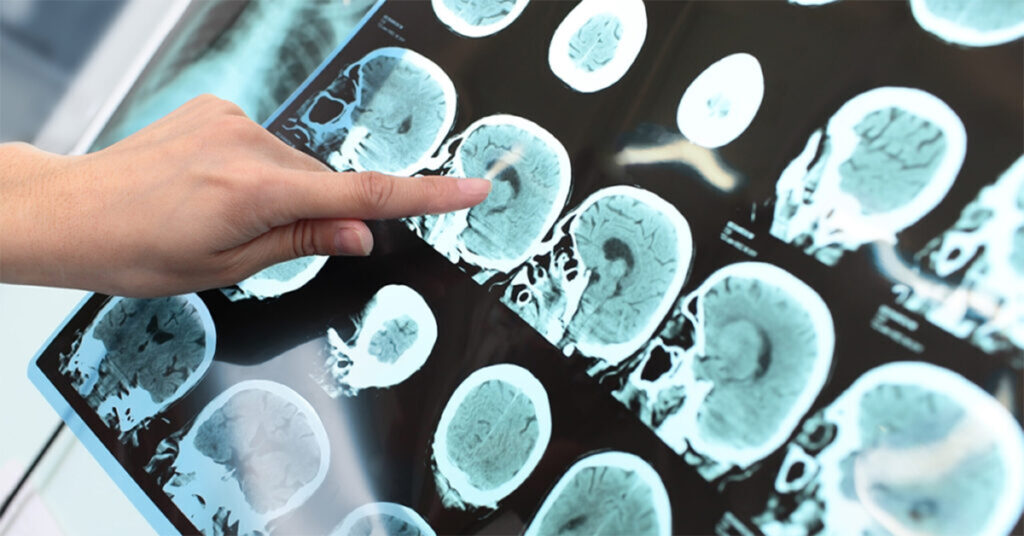News
A cardiovascular diagnostic test for the surveillance and care of long COVID-19 patients
An update on the LIH-led “COVIRNA” project

“COVIRNA”, a project funded under the European Commission’s Horizon 2020 programme and led by the Cardiovascular Research Unit (CVRU) of the LIH, aims to predict the severity of COVID-19 and identify patients at high risk of developing post-COVID complications. The study has led to a possible diagnostic tool to track cardiovascular effects in individuals affected by the so-called “long-COVID” syndrome and was therefore featured in the “Results in Brief” section of the European Commission’s CORDIS website.
At the beginning of the COVID-19 pandemic, it was not known that many patients who recovered from the initial infection would develop long-term problems, including cardiovascular and neurological complications. When the European Commission issued an emergency call for fast-track projects on COVID-19 in March 2020, the COVIRNA project was conceived with the aim of building a molecular diagnostic test able to identify patients at risk of developing such cardiovascular problems following a COVID infection.
“Although we were not experts in COVID at that time, we leveraged our prior expertise in RNAs and cardiology to design novel methods which could predict the severity of COVID-19 disease”, explains COVIRNA project coordinator Dr Yvan Devaux, head of the Cardiovascular Research Unit (CVRU) at the LIH Department of Precision Health (DoPH).
Many partners in the COVIRNA consortium of 15 institutions in 12 European countries had already worked together under the EU-CardioRNA COST Action network funded by the EU’s Cooperation in Science and Technology (COST) programme. “We found that when we measure RNA molecules in the blood, we can predict whether the patient will develop severe problems or will eventually succumb to the disease in the long run” he adds.
The team started with a group of 3,000 RNAs previously identified by consortium partners and proven to be related to cardiovascular problems. They had access to blood samples of existing cohorts of COVID-19 patients – around 2,000 COVID-19 patients and 500 healthy control donors. At the height of the pandemic, the main challenge was time. “It was an emergency situation and securing permission to use the samples from COVID-19 patients used in other research initiatives took some time and caused some delays,” notes Dr Devaux.
Nonetheless, together with demographic and clinical data from the patients, the project successfully identified RNA molecules with a strong ability to predict disease severity and mortality. These were used to build AI-driven predictive models, with the aim of integrating them into a diagnostic test.
“We found one marker, an RNA molecule which, combined with data such as age or sex, can predict whether a patient is going to succumb to the infection within six months, with an accuracy of around 80%. From a clinical point of view, this is incredibly valuable”, explains Dr Devaux.
While the pandemic is now over, emergency units are still flooded with patients with different types of long COVID symptoms, at least one fifth of which are cardiovascular problems. Feedback from patients on the COVIRNA project convinced Dr Devaux that long COVID is actually a new and very problematic disease in its own right. “It is a severe handicap, because patients may develop a variety of different symptoms, not only limited to fatigue, including vascular or neurological complications, as well as anxiety, psychotic symptoms, and gastric issues, among others”, he adds. This makes the work carried out during the pandemic and the COVIRNA project extremely valuable for long COVID patients.
Although we are still in the process of doing some validations before developing the final molecular diagnostic kit, we are confident that our new test will help personalise healthcare and improve the outcomes of COVID-19, particularly in patients developing the so-called long-COVID syndrome.
he concludes.
The original article published in the “Results in Brief” section of the CORDIS website is available in six languages at https://cordis.europa.eu/article/id/446337-cardiovascular-diagnostic-test-could-help-long-covid-patients?WT.mc_id=exp







